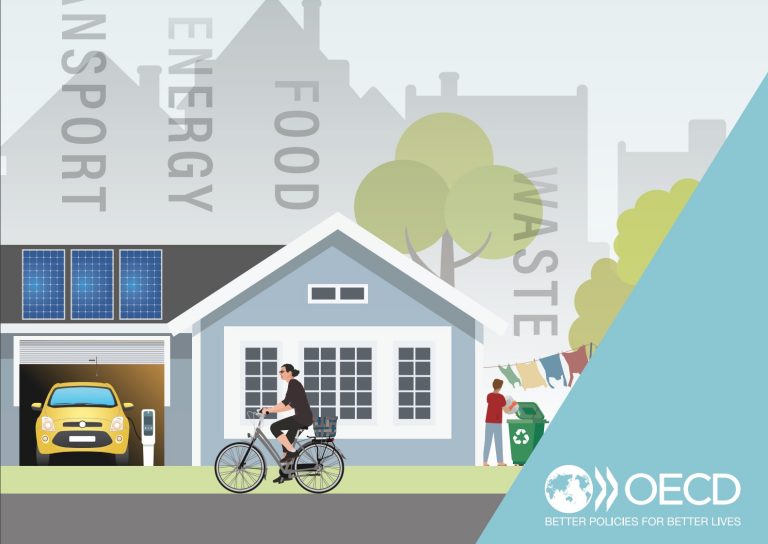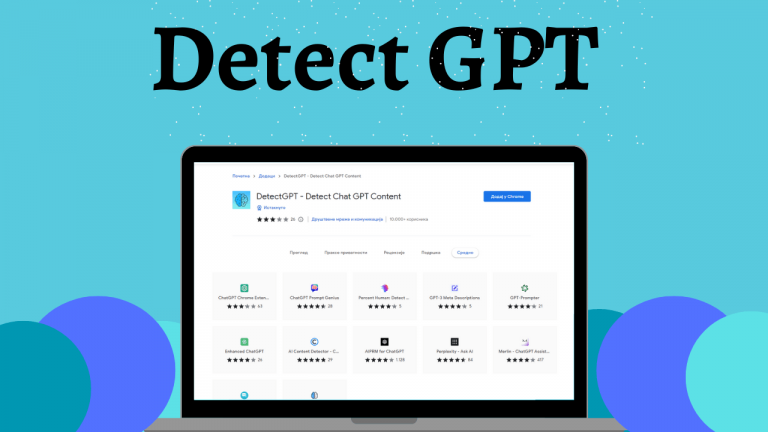Downloading wisdom from online crowds
But they are not perfect. Markets require babysitters. […] Wharton School professors Albert Saiz and Uri Simonsohn have found a cheaper way to deliver some of the same benefits. It’s called an Internet search.
Specifically, Saiz, in the real estate department, and Simonsohn, in operations and information management, argue in a new research paper that the likelihood that a topic is discussed online, in relation to a given location, correlates with its relative prevalence in the real world.
Interestingly, as a side benefit of the study, they also assessed the various online search engines, all of which Saiz and Simonsohn tried to use. Google kicked them off. “It won’t allow a single automated search,” Simonsohn says. They ended up preferring Exalead, a French search engine, available in English, because they consider it and Ask.com to be the most reliable. “We found Yahoo to be the least reliable,” he adds. “If you search for something today and again next week, there can be several million pages of difference in the number of results on Yahoo. I don’t think several million new documents were created in a week.”




